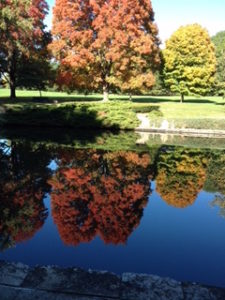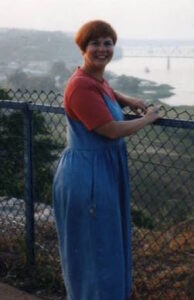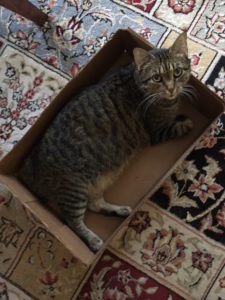I took a turn helping out with a kid’s creative activity sponsored by the Nelson-Atkins Museum of Art in a big tent at a popular annual Art Fair. Between handing out crayons and cutouts and stapling crowns and tidying up tables, I had a chance to observe the hundreds of people passing by.
Guess what? Like snowflakes. No two alike. Naturally I got to wondering why we have a culture in America that seems to promote sameness. Never mind that we talk a lot about “diversity.” Difference still makes us uncomfortable. We are critical of others, and critical of ourselves. What does it mean to be too short, too tall, too thin, too fat, too old, too [name the skin color here], too tacky? And those are only the visible characteristics!
What I observed on that art fair day was people enjoying themselves. Their children, their lovers, their food and drink, their stroll in the sunshine that cost them nothing.
I’m writing this almost two months in advance of the election. By the time I post it, I hope that the screaming politics will have died down. At least the media frenzy. Perhaps we will all know better what role in the work of civilization we must ourselves perform into the future. It will be good to remember the families strolling around the art fair. Because we all want the same things: food and shelter, meaningful work and carefree play, love and peace and a vision of human beauty and creativity that transcends “right” and “wrong.”
We want freedom to experience the joy of life. We want it for everyone on earth.
Don’t we?










